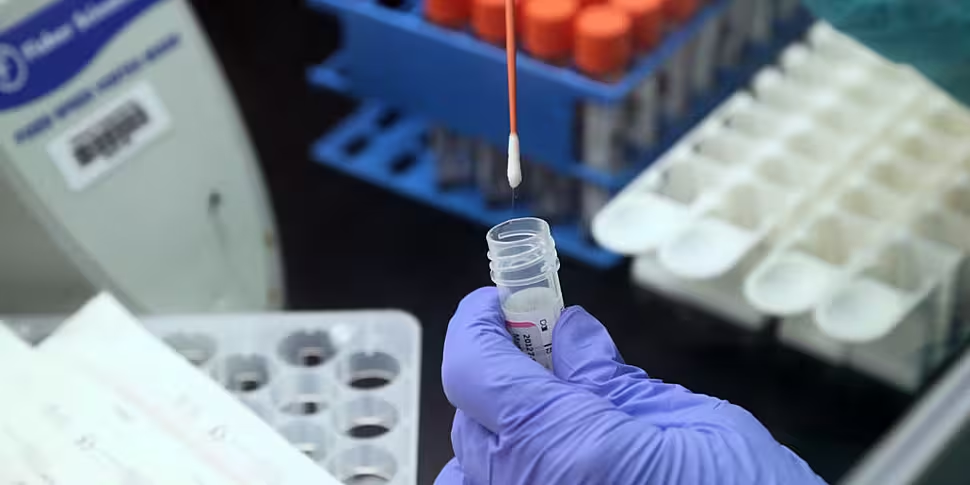Health experts say it is 'not the time for a knee-jerk reaction' following today's increase in new coronavirus cases.
85 new COVID-19 cases were reported today, the highest daily number since May.
Acting Chief Medical Officer Dr Ronan Glynn said the significant increase does come as a surprise, but that public health authorities have been able to account for the vast majority of the cases reported today.
He observed: "Whilst it's a significant number - and I'm not in any way trying to diminish the concern we have... there is an element of this that reflects the fact that a number of outbreaks were identified over the past week.
"[Officials] identified them quickly, have reacted to them quickly, have screened all close contacts.
"Clearly we need to watch this extremely closely: we need to see in particular what happens tomorrow and the next day.
"But now is not the time for a knee-jerk reaction.
"We understand where the vast majority of these cases came from. The question now is: what happens next? From that perspective, we go back to the basic public health advice again and again."
He said today's figures 'may be a blip' associated with a number of clusters, or something more serious - but we won't know for sure for a number of days.
'We don't need a knee-jerk reaction'
Speaking on The Hard Shoulder, Anthony Staines - Professor of Health Systems at DCU - said today's number is a big jump, but that the daily numbers have been going up and down.
He said: "Part of this is there have been a number of clusters reported early in the week, which have been tracked and traced by the public health teams - and those results have seemingly come in today.
"Ronan Glynn said something I think is important: we don't need a knee-jerk reaction to this, although we do have to keep taking it very, very seriously."
Professor Staines said we need to be trying to keep the numbers very low, and social distancing over the long weekend will be very important.
In terms of a potential reintroduction of restrictions, he said: "It could happen: we could find ourselves really desperately needing to go backwards, which would be an awful pity.
"I think lockdown is the wrong way to think about what happens now.
"Lockdown was the past: it was an emergency response to a potential disaster, and [it] did its job.
"What we're going to do now will be different: it's not going to look like everyone go home for six weeks and contemplate your navel. It's going to be targeted, more specific than that."
He said such a scenario would likely see a "stronger focus on what can we do safely, and how can we do stuff safely".









